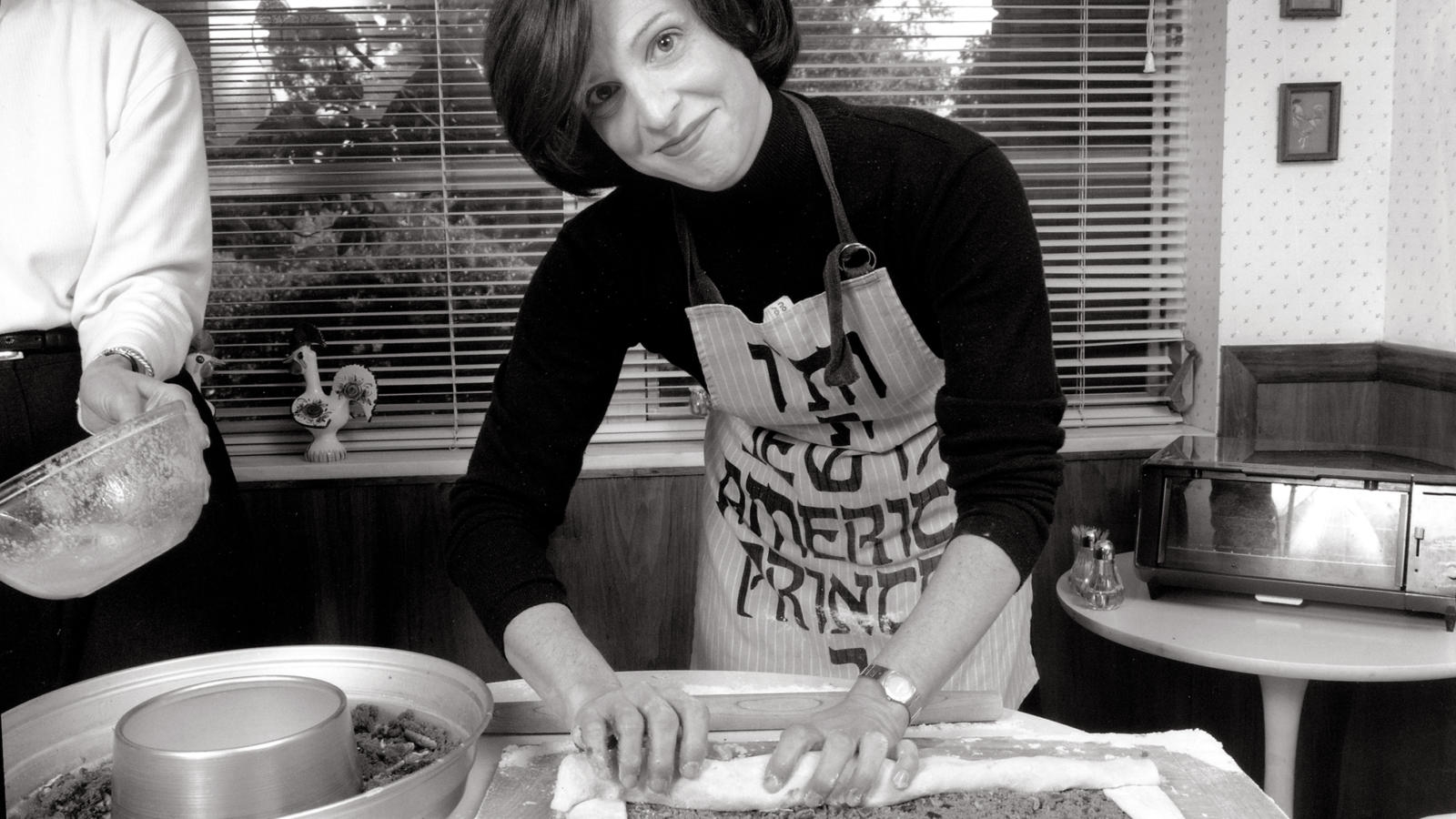Commentary on Parashat Re'eh, Deuteronomy 11:26-16:17
“You are what you eat’ the common expression goes. I sometimes think of this saying in relation to kashrut (that is, keeping kosher). What do the choices that we make about what we eat reveal about who we really are? Many Jews today view kashrut as an outdated vestige of ancient Israelite practice, expanded upon by rabbinic Judaism, bur no longer relevant to modern day life. However, the presentation of the prohibitions associated with kashrut in Parashat Re’eh challenges us to consider anew the purposes of kashrut.
Deuteronomy 14 tells us what animals, fish, and birds we can and cannot eat. It instructs us not to boil a kid (a young goat) in its mother’s milk, an injunction that became the basis for the rabbinic separation between milk and meat (Deuteronomy 14:21; see also Exodus 23:19 and Exodus 34:26). While many Jews today believe the biblical prohibitions against certain meat and fish to be for health reasons, Parshat Re’eh makes no such claim. In fact, if this were the case, the explicit permission to give the stranger and the foreigner the foods we are forbidden to eat (Deuteronomy 14:21) would be frankly immoral. Rather, Parshat Re’eh, as the Torah does elsewhere, identifies the articulation of eating prohibitions strictly as part of the Israelites’ particular path to holiness: “for you are a people consecrated to your God Adonai” Deuteronomy 14:21). What is it about these prohibitions that can make us holy? Interestingly, the prohibited foods are identified as tamei … lachem–ritually impure “for you” (Deuteronomy 14:7, 8, 10). For this reason, it is perfectly acceptable for other people to eat them, just not for the people Israel.
A Spiritual Discipline
Traditional and modern commentators have offered various explanations as to why particular fish, poultry, and animals are considered tahor (“ritually pure”) and therefore acceptable to eat. But perhaps more important than the meaning of each of the details of the prohibitions is the simple fact that we are given a list of dos and don’ts that govern what we are to consume daily. According to the Torah, God asks that we abstain from eating certain foods, not because they are unhealthy or intrinsically problematic, but simply as an expression of our devotion. As with other chukim (laws that the rabbinic sages define as being without rational explanation), these prohibitions are like the requests of a beloved: we may not understand them, but we are, in essence, asked to follow them purely as an expression of our love. Daily, the observance of kashrut calls us back to a personal relationship with God.
The laws of kashrut offer a Jewish spiritual discipline that is rooted in the concrete choices and details of daily life — to be practiced in an area that seems most “mundane.” In fact, part of the beauty of kashrut is that regardless of our age, personal interests, or geographic location, we all eat, and most of us do so several times a day. While we may sometimes choose to dine alone, eating is almost universally enjoyed as a social activity. A spiritual discipline around eating is one that carries the clear message that spirituality is about far more than what we do in synagogue and on holidays; it extends into every area of our lives, every single day.
With your help, My Jewish Learning can provide endless opportunities for learning, connection and discovery.
Kashrut reminds us again and again that Jewish spirituality is inseparable from what one might term “physical.” It teaches us that Jewish spiritual practice is about taking the most ordinary of experiences — in all aspects of our lives — and transforming them into moments of meaning, moments of connection. Kashrut provides a model for doing just that, around issues of food preparation and eating. It’s time to cook dinner: What will we make, and how will we prepare it? Will we be driven by an empty stomach or considerations that extend beyond it as well? In these moments, kashrut can connect us to Jewish tradition, to other Jews, and to God. We are hungry and sit down for a meal, but before digging in, we recall that Jewish tradition offers us the practice of pausing for a blessing and a moment of gratitude. We may take this a step further and decide to put aside tzedakah regularly at dinnertime, as some of us try to do. This can be seen as a practice similar to the tithing performed in ancient times, as outlined in the verses immediately following the rules of kashrut in our Torah portion (Deuteronomy 14:22-29). Instead of just wolfing down our food and moving on to the next activity, we can learn from Jewish rituals to pause and turn the act of eating into a moment of heightened spiritual awareness.
Bringing Contemporary Concerns to Kashrut
Increasing numbers of Jews today are expanding their kashrut practice to incorporate additional ethical and environmental considerations. Was the food produced under conditions that respect persons and the environment? Were the workers who picked or prepared the food paid a living wage? Did the processes of production treat animals humanely? In addition to allowing these questions to influence our choices about what to eat, we can direct our tzedakah money to organizations that address these issues, like environmental and farmworker advocacy groups.
From the time of the Torah onward, Jewish tradition teaches us that the spiritual realm encompasses all of life. Kashrut and the other Jewish practices related to eating exemplify this teaching and extend beyond themselves: they stand as daily reminders to look for additional ways to turn the ordinary into moments of deeper connection and intentionality. Every moment has the potential to be one of connection. Through other mitzvot, such as the laws governing proper speech and interpersonal ethics, as well as through the less well-known but rich Jewish tradition of cultivating middot (personal qualities such as patience and generosity in judgment), we can seek to deepen our connections with each other and with God. A Jewish spiritual discipline around eating, practiced with intention, can set us on this course every day. “You are what you eat.” That is, what you choose to eat and how you choose to eat it says a lot about who you are and what kind of a life you are striving to achieve.
Reprinted with permission from The Torah: A Women’s Commentary, edited by Tamara Cohn Eskenazi and Andrea L. Weiss (New York: URJ Press and Women of Reform Judaism, 2008).
kashrut
Pronounced: kahsh-ROOT, Origin: Hebrew, the Jewish dietary laws.
Torah
Pronunced: TORE-uh, Origin: Hebrew, the Five Books of Moses.
tzedakah
Pronounced: tzuh-DAH-kuh, Origin: Hebrew, from the Hebrew root for justice, charitable giving.



